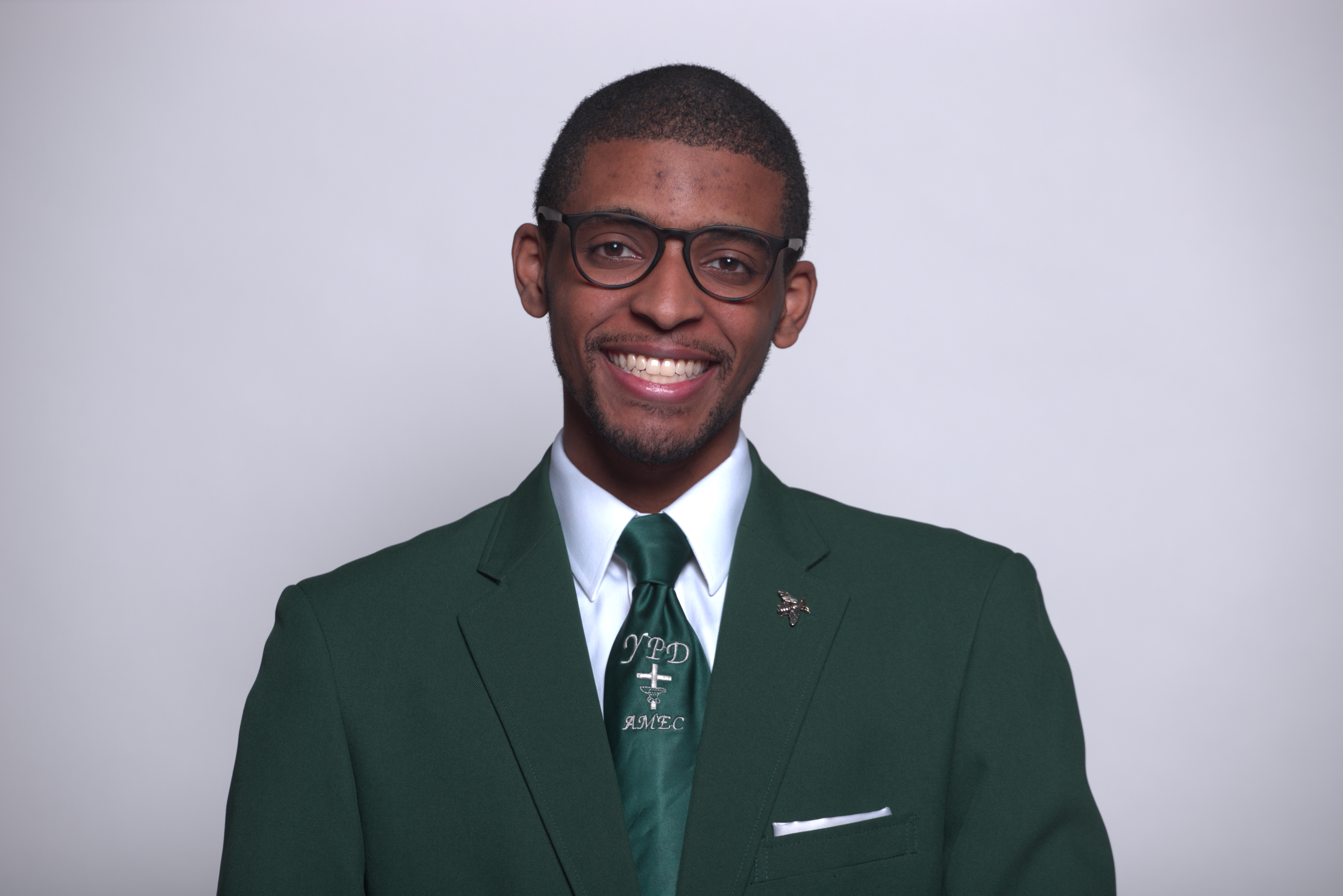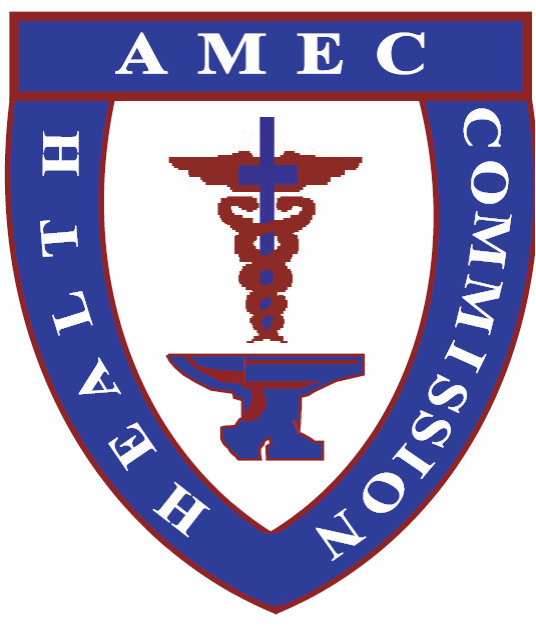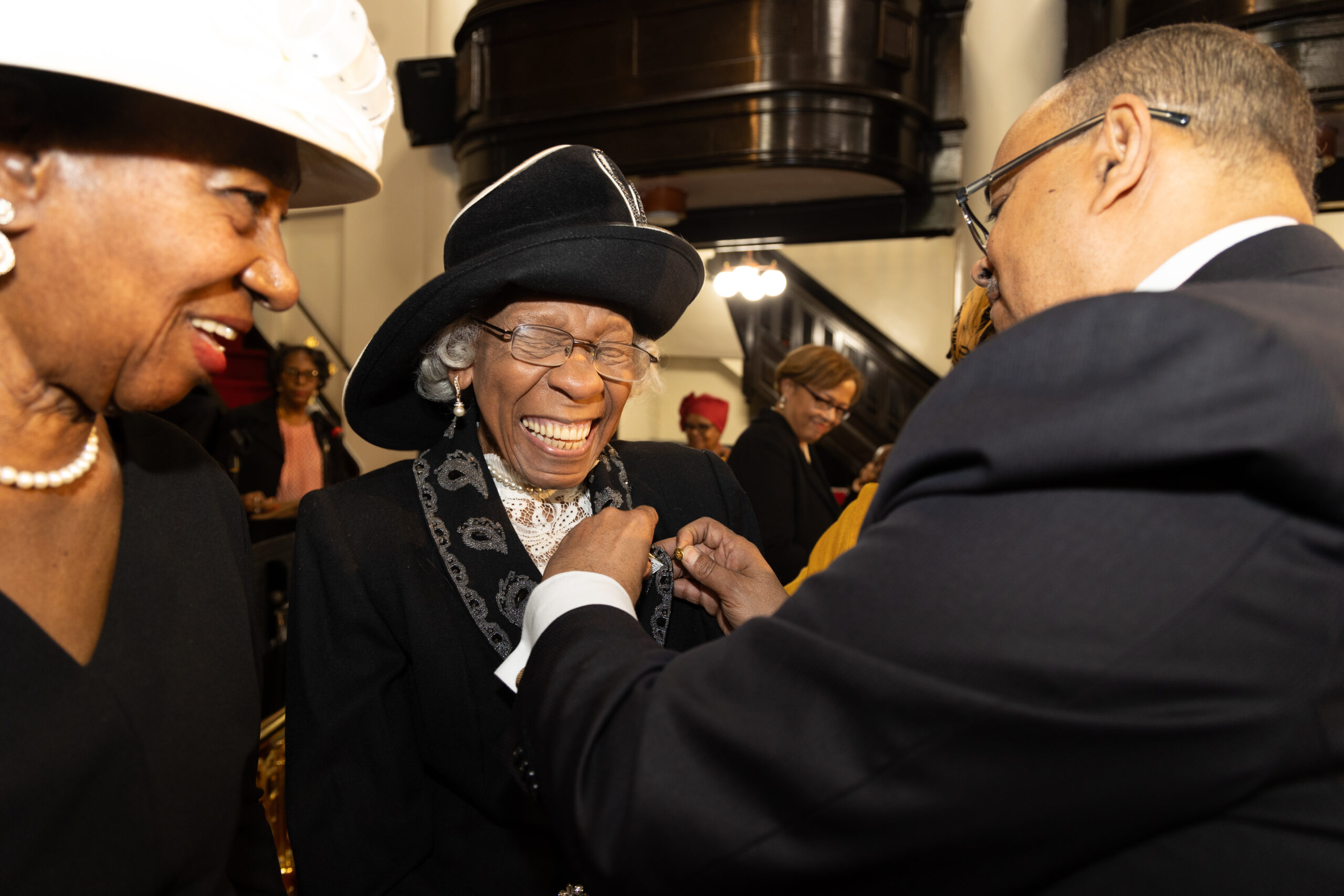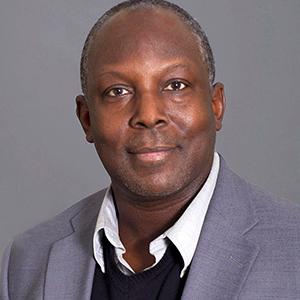Do, or Do Not. There is No Try
Richard Norris, III, Connectional YPD President
In Star Wars Episode V, Luke Skywalker had been directed to go to the planet Dagobah to undergo Jedi training and learn the ways of the Force from Master Yoda. Upon arriving at the planet, he crashed his ship into a swamp. He noticed that the ship had sunken as he was training. Thus, he believed that it was unrecoverable. Yoda, overhearing this, suggested the opposite. Up until this point, Luke had been using the Force to move stones. He contended that moving stones was entirely different from moving a ship. But Yoda asserted that the situations differ only in his mind. So, Luke finally conceded and said, “Alright, I’ll give it a try.” Almost immediately, Yoda said, “No! Try not. Do, or do not. There is no try.” It sounds a little harsh at first, but what Yoda was saying to Luke is that if he’s ever going to be a Jedi, he can no longer dwell in the uncertainty of “trying.” To a Jedi, “trying” is simultaneously believing that you can and you cannot. If you allow doubt to cloud your mind, you have already accepted defeat. Yoda was telling Luke that he had to make a decision: either he believes he can, and he does, or he accepts that he cannot, and he does not. There is no in-between.
The 2021 General Conference is in the books. At the intersection of a pandemic and a natural disaster, the AME Church met to conduct its business. Thank God for the careful, meticulous planning that was necessary for the Conference to be as successful as it was. Nevertheless, in this very peculiar season, I believe God is saying to our Zion, “Do or do not. There is no try.” I thank God for the progress we’ve made as a denomination. This year’s General Conference was proof of how far we’ve come. But it also showed us how much farther we have to go. We often say that “the best years of African Methodism are yet ahead of us.” And that’s true—but only if we no longer abide in the ambiguity of “trying.” We must have the courage to say that either we will do or we won’t do.
Take the Revisions Committee, for example. Before any of us arrived in Orlando, they spent days combining, compiling, and editing numerous pieces of proposed legislation to be presented to the General Conference. After all was said and done, there were 50+ bills for our consideration. We didn’t even get a chance to hear and/or vote on 10 of them. I was completely shocked at this at first, but I’m told that the Revisions Committee never gets through all the proposed legislation—which is a problem. What message are we sending to the AMEs who take the time to pen this legislation and the Committee that’s tasked with organizing it? Perhaps we need to consider allocating time for legislative consideration and deliberation in a session separate from the General Conference? Or maybe we need to rethink how much time we allocate to certain matters during the General Conference? Either way, we can no longer just “try” to get legislation to the floor of the General Conference. We have to be intentional.
In the words of Bishop Gregory G.M. Ingram, “[nothing] we do in the present will change the past. But everything we do going forward will change the future.” Even after the COVID-19 pandemic has subsided, the church will never be the same again. But if we want to be the Church that Richard Allen envisioned us being—the Church that God is calling us to be—a liberating, reconciling church, our resolution must be absolute. Now understand me clearly: this doesn’t mean we’ll always have it all together. We will slip up or come up short at times. But that won’t matter, so long as we constantly seek God’s face and stay in God’s will. Now is the time where we must stand flatfooted and declare what we will do and what we won’t do. But there can be no more “trying.”





